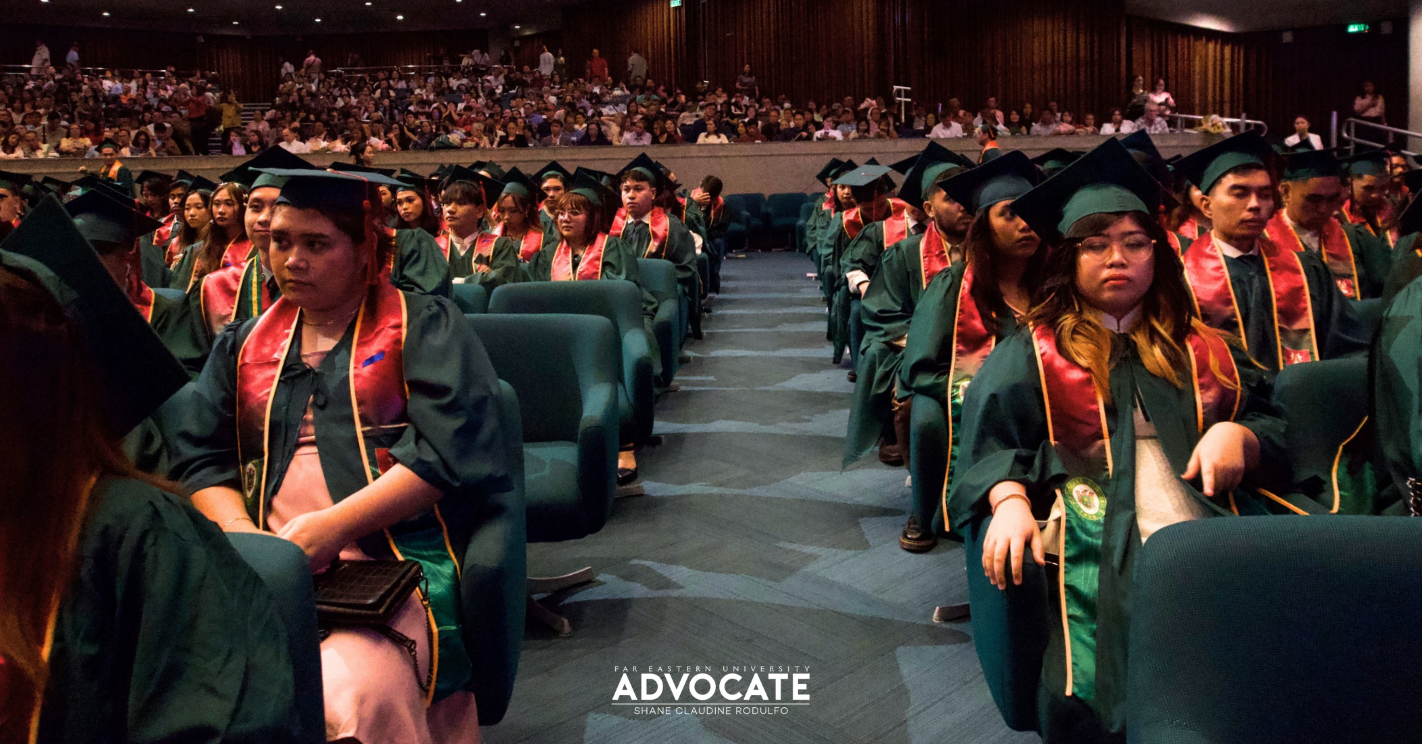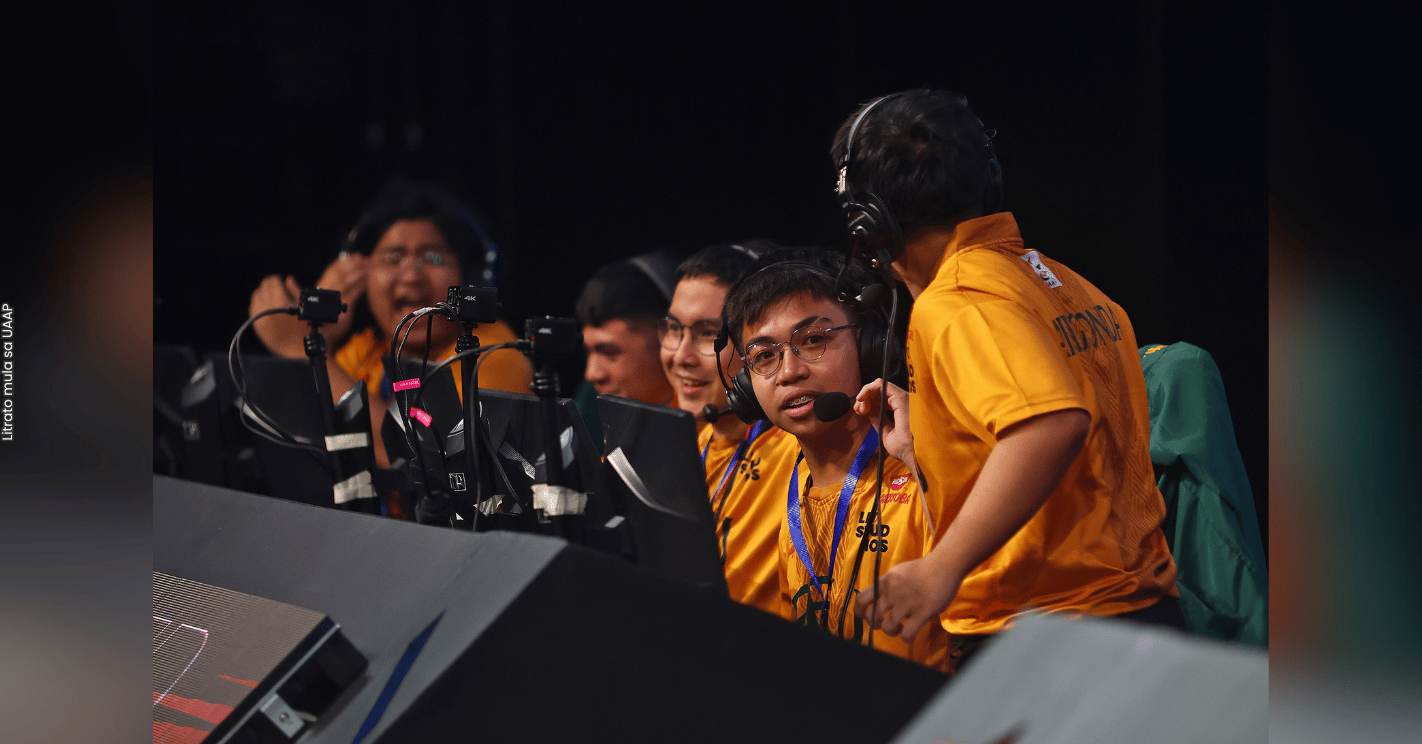
FEU alumnus secures 10th place in January 2025 ALE
- January 30, 2025 18:32
FEU Advocate
September 16, 2018 18:00

By Alyanna Kris A. Delorino and Trisha Angelika C. Ignacio
Illustration by Justine Marie Baro
“Hero” - a word that adds monumentality to every great man but underneath it also lodges a human being with similar frailties and tragedies.
Such was the tale of the regarded “Hero of the Tirad Pass”, General Gregorio Del Pilar, a promising young general anchored to his fate woven among loyalty, identity and romantic feats. The film strips off the ‘hero title’ on Del Pilar, and shows the weaknesses behind great men proving that he, too, is a human being.
By the same director of the hit biopic “Heneral Luna”, Jerrold Tarog invites the audience to step into the shoes of a young charismatic commander whose shoulders carried the hefty responsibility of leading a revolutionary war at such an impressionable age.
The film stars Paulo Avelino as Gregorio “Goyo” Del Pilar, the “Agila” (eagle) of the First Philippine Republic with expectations of him leading the army soar as high as the national symbol. The movie is set during the Philippine-American war era following the bloody murder of General Antonio Luna.
The story follows how “Goyo”, being appointed as a general during his youth, is afflicted by his own inner battles despite his youthful bravado and being Aguinaldo’s most favored army asset.
The film runs for approximately two and a half hours and might be a scramble for some who might have to take a break without missing out on an important scene. However, the duration did justice on producing a biographical and historical expedition into the past; delving deeper into what happened during the revolutionary times under American colonization.
While the film runs for a lengthy time, what will really take hold of the audience’s attention are the breathtaking and enigmatic camera angles. Tarog explained in an open forum after an advanced screening of the film how each angle is essential for it will not only provide its viewers a sense of immersion but also establishes a connection.
Every frame was based on a textual basis and much was reaped from Nick Joaquin’s “A Question of Heroes” and Tirad Pass battle survivors’ accounts such as Vicente Enriquez. Hence, the viewers can follow the story without much plod.
Aside from Avelino’s exemplary performance, Arthur Acuña gave a remarkable embodiment of Manuel Bernal, a soldier loyal to principles he shared with Luna. His role hugely swayed Del Pilar's self-assurance which haunted the emerging general through suffering unwanted visions at night. Bernal’s take on “idol or leader” leaves an eye-opener on how Filipinos are blindly glorifying leaders without critical reasoning.
The film delves deeper into the making of the First Philippine Republic and a young general’s quest for loyalty and love. But more importantly, it mirrors the timeless grapple of the younger generations’ struggle of crossing the trembly bridge between youth and adulthood.
Tarog shared how he intended to portray a Goyo that will resonate to the contemporary youth in particular. He expressed how he wanted the audience to relate to Goyo’s struggle to adulthood similar to how some young people go through the same crucial phase today. Also, he expressed how after having watched the film, one should be able to stimulate questions like, “What is a hero? What makes a hero a hero?”
Expressing his sentiments in reliving such a well-known soldier, Avelino also added about having to refresh his knowledge regarding the Tirad Pass hero and the excitement he felt to play the character of such an arcane historical figure. Alongside Avelino, actors such as Carlo Aquino, Gwen Zamora, Empress Schuck, Benjamin Alves, and Epy Quizon also fit the shoes of other historical characters.
After the success of the first film of the biopic trilogy, the sequel is anticipated with equal expectations from its growing audiences. Goyo: Ang Batang Heneral started rolling in cinemas last September 5 and is already on its second week.









